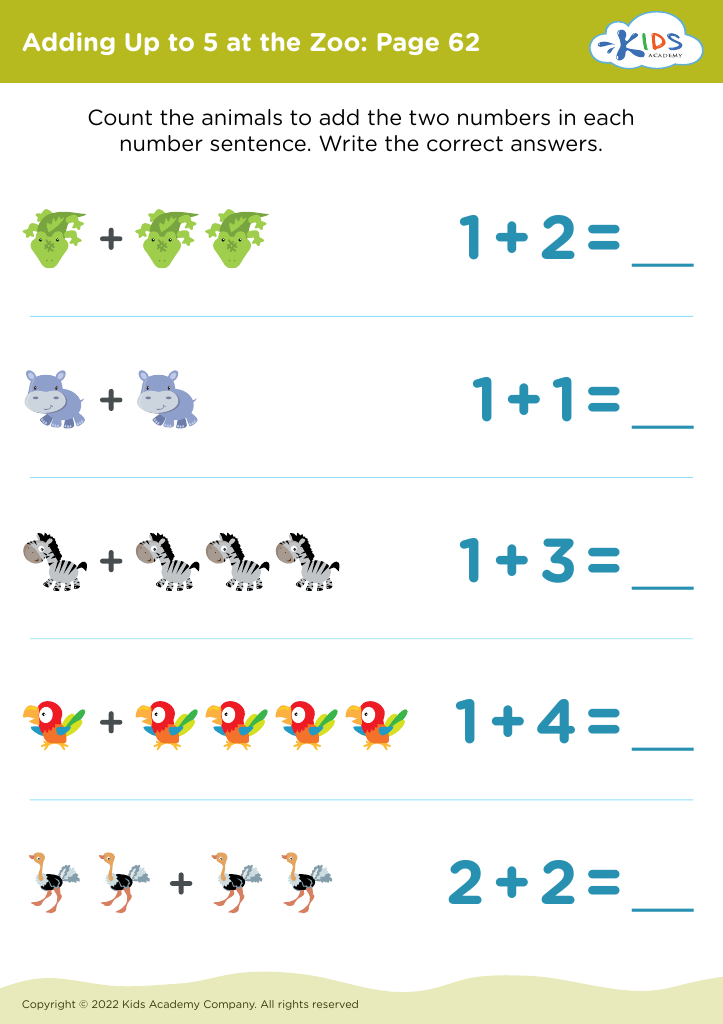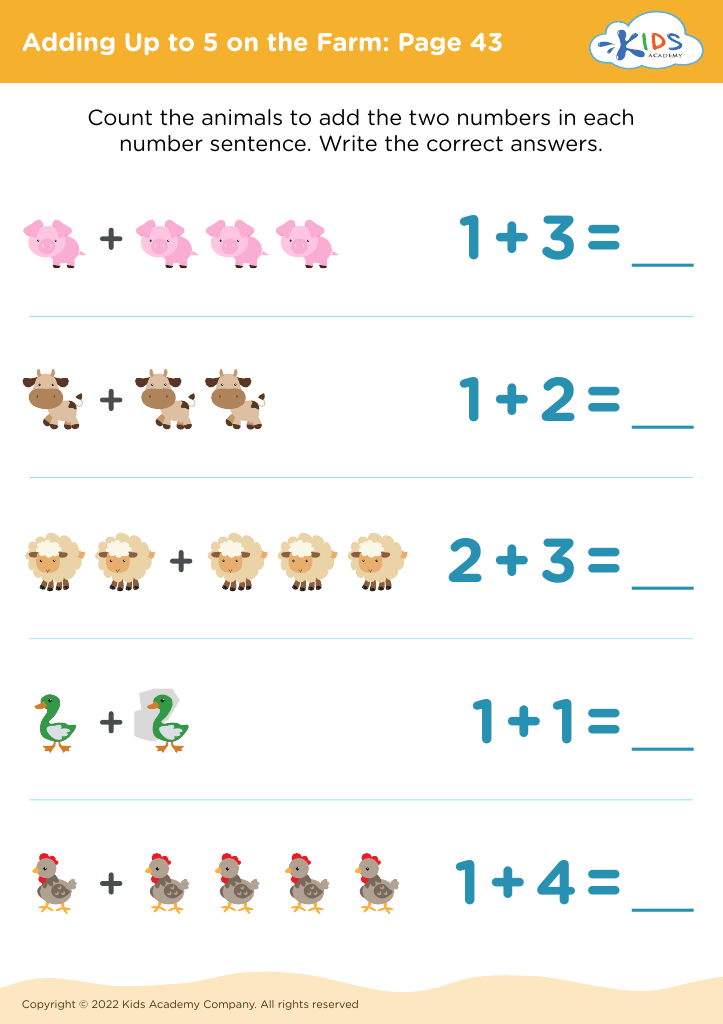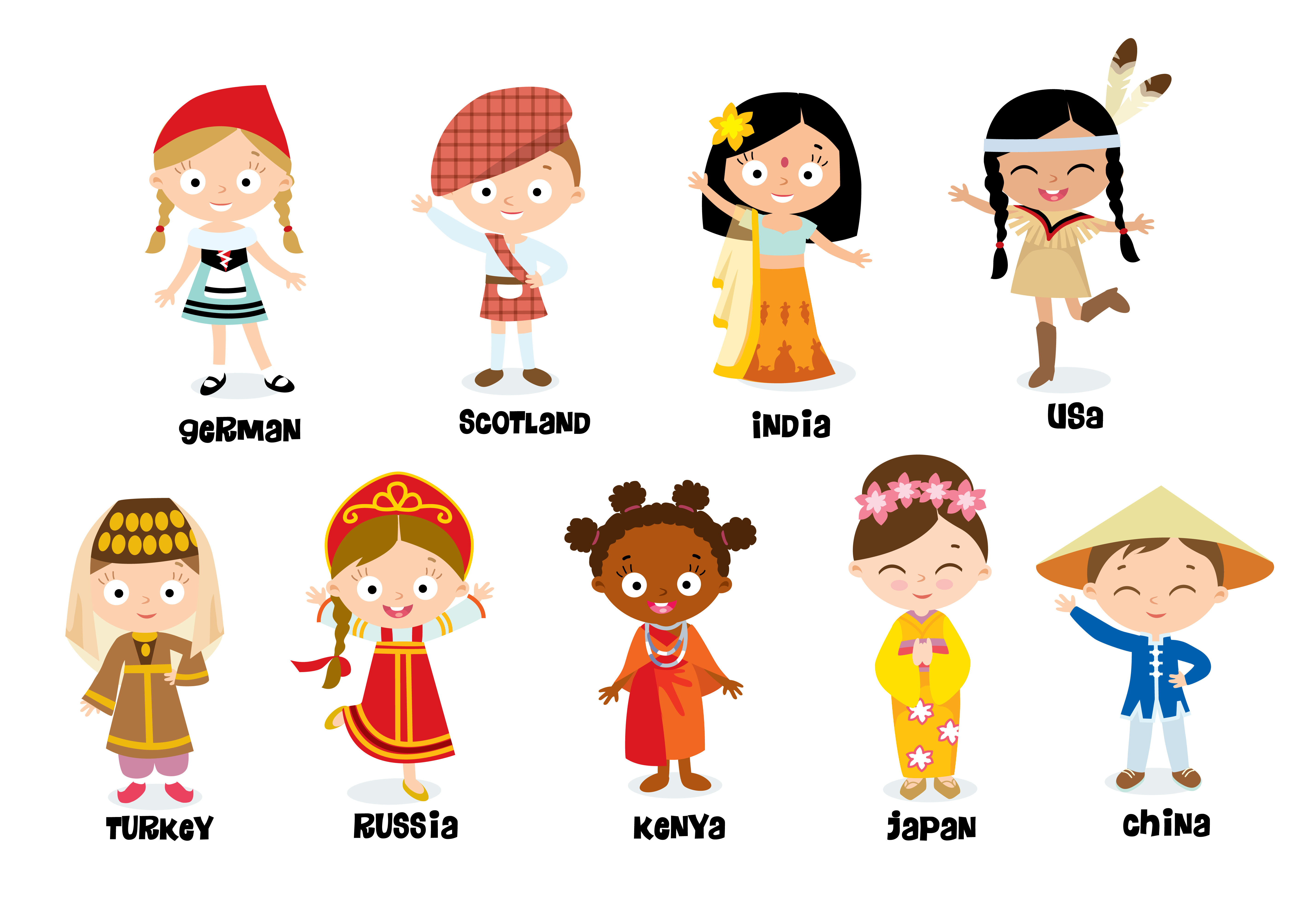Numeracy development Math Worksheets for Ages 5-7
5 filtered results
-
From - To
Explore our engaging Numeracy Development Math Worksheets designed specifically for children aged 5-7! These interactive worksheets promote essential math skills, including counting, addition, subtraction, and number recognition. Tailored to enhance your child's understanding of basic mathematical concepts, they feature vibrant visuals and fun activities that make learning enjoyable. Perfect for both classroom use and at-home practice, our worksheets support early learners in developing a strong numerical foundation. Equip your child with the confidence to tackle math with our thoughtfully created resources that foster critical thinking and problem-solving skills. Begin your child’s math journey today—download our worksheets and watch them thrive!


Adding Flower Petals Worksheet
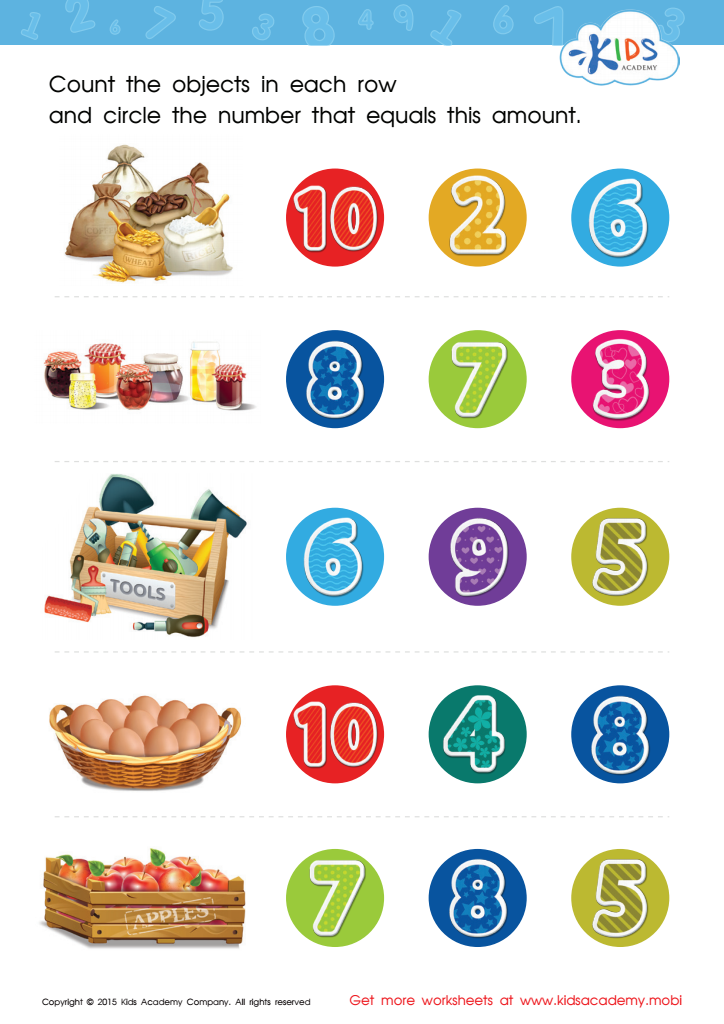

Count and Match 6 – 10 Math Worksheet
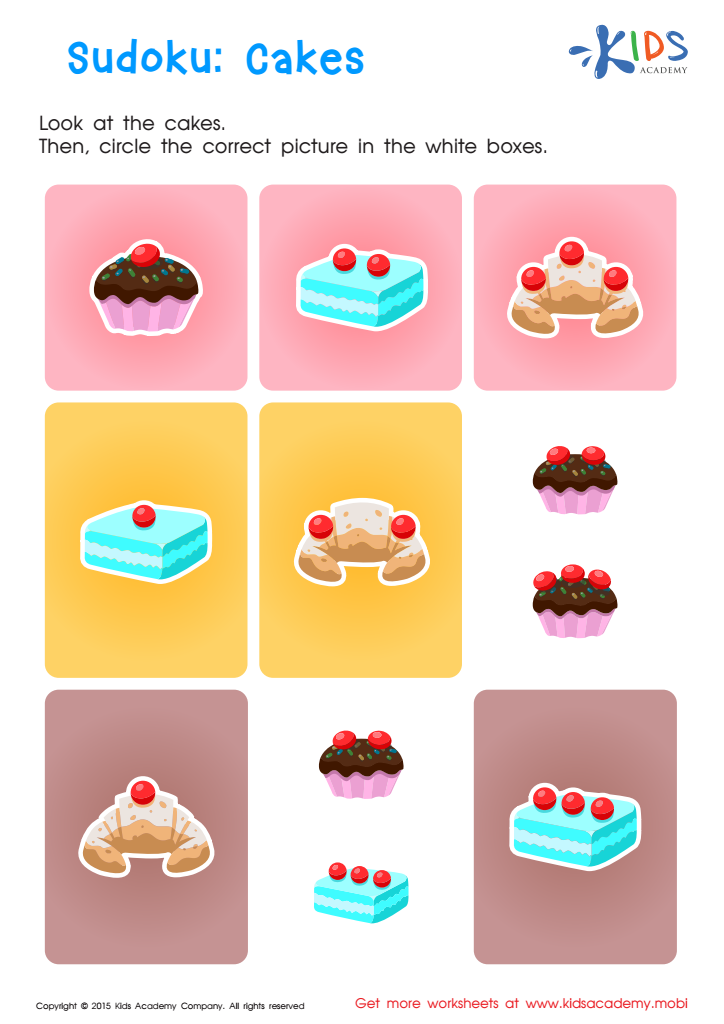

Sudoku Worksheet
Numeracy development in children aged 5-7 is crucial as it lays the foundation for lifelong skills and academic success. During these early years, children are naturally curious and eager to learn, making it an ideal time to foster mathematical understanding. A strong grasp of numeracy helps children develop essential problem-solving and analytical skills necessary for everyday life—skills they will use when shopping, cooking, and organizing their daily tasks.
Moreover, early numeracy skills form the basis for later academic achievement in mathematics and other subjects. Understanding core concepts such as counting, addition, subtraction, and number sense enables children to tackle more complex mathematical ideas in the future. Engaging and interactive numeracy activities can also boost a child's confidence and encourage a positive attitude towards math, often reversing the apprehension many face as they progress through school.
Additionally, numeracy is connected to literacy; both languages and numbers are essential for effective communication and understanding information. By prioritizing numeracy development, parents and teachers can create a holistic learning environment that nurtures a child’s cognitive growth, promotes critical thinking, and prepares them for success in an increasingly numerical world—qualities that extend far beyond the classroom.

 Assign to My Students
Assign to My Students
